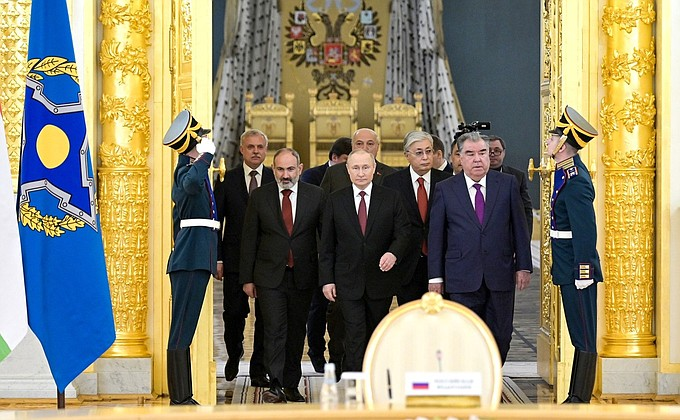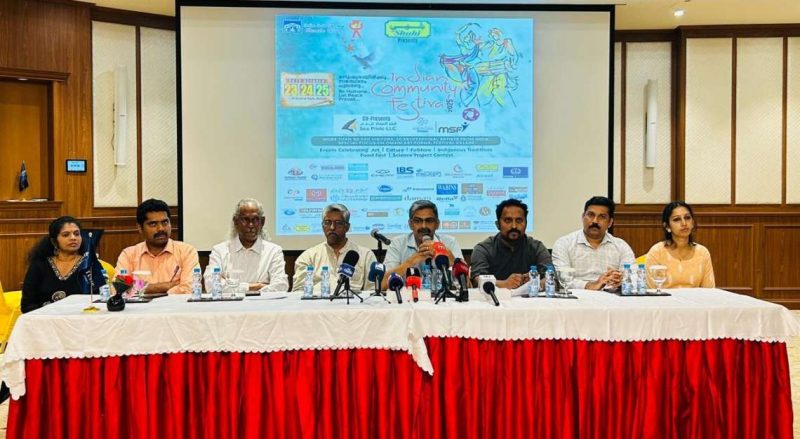Soaring temperatures in parts of Pakistan and India in recent weeks have forced schools to close, damaged crops, put pressure on energy supplies, and kept residents indoors…reports Asian Lite News
Climate change has made the odds of a record-breaking heatwave hitting northwestern India and Pakistan 100 times more likely to happen, scientists said Wednesday, as the two countries experience high temperatures that are disrupting daily life, media reports said.
In an analysis, climate scientists with the UK’s Met Office found that the natural probability of a heatwave exceeding average temperatures from 2010 would be once in 312 years, but when climate change is factored in, the chances increase to once in every 3.1 years, CNN reported.
April and May in 2010 was used as a point of comparison because those months had the highest average temperatures since 1900, it said.
Soaring temperatures in parts of Pakistan and India in recent weeks have forced schools to close, damaged crops, put pressure on energy supplies, and kept residents indoors. It even prompted experts to question whether such heat is fit for human survival, the report said.
Jacobabad, one of the hottest cities in the world, in Pakistan’s Sindh province, hit 51 degrees Celsius on Sunday, and 50 degrees the day before. In neighbouring India, temperatures in the capital region of Delhi surpassed 49 degrees on Sunday.
The analysis also made projections, showing the frequency of such heatwaves in the region would increase to increase to once every 1.15 years by the end of the century, CNN reported.
“Spells of heat have always been a feature of the region’s pre-monsoon climate during April and May. However, our study shows that climate change is driving the heat intensity of these spells making record-breaking temperatures 100 times more likely,” said the Met Office’s Nikos Christidis, who produced the analysis. “By the end of the century increasing climate change is likely to drive temperatures of these values on average every year.”
India and Pakistan are highly vulnerable to the impacts of the climate crisis, particularly in terms of extreme heat.
Key indicators break records
Four key climate change indicators, including greenhouse gas concentrations, sea level rise, ocean heat and ocean acidification, set new records in 2021, a report from the World Meteorological Organisation (WMO) said.
According to the WMO State of the Global Climate in 2021 report on Wednesday, the past seven years have been the warmest seven years on record, with 2021 being “only” one of the seven warmest because of a La Nina event at the start and end of the year, which had a temporary cooling effect but did not reverse the overall trend of rising temperatures.
The average global temperature in 2021 was about 1.11 degrees Celsius above the pre-industrial level, the report added.
That’s based on the 2015 Paris Agreement in which countries set long-term goals to substantially reduce global greenhouse gas emissions to limit the global temperature increase in this century to two degrees Celsius while pursuing efforts to limit the increase even further to 1.5 degrees Celsius.
The WMO report said greenhouse gas concentrations reached a new global high in 2020 and continued to increase in 2021 and early 2022, as ocean heat was record high and ocean acidification intensifying, which threatens organisms and ecosystem services, and hence food security, tourism and coastal protection.
Global mean sea level also reached a new record high in 2021, at a rate of more than double that between 1993 and 2002, mainly due to the accelerated loss of ice mass from the ice sheets.
Extreme meteorological hazards such as exceptional heatwaves, flooding, drought and hurricane raged across the globe, affecting ecosystems and displaced millions of population.
The WMO also warned that the compounded effects of conflict, extreme weather events and economic shocks, further exacerbated by the Covid-19 pandemic, undermined global food security.
Of the total number of undernourished people in 2020, more than half, or 418 million, live in Asia and a third, or 282 million, in Africa.
In his video speech at the launch of the report, UN Secretary-General Antonio Guterres proposed five critical actions to jump-start the renewable energy transition, including greater access to renewable energy technology and supplies, a tripling of private and public investments in renewables and an end to subsidies on fossil fuels which amount to nearly $11 million per minute.
The world must act in this decade to prevent ever-worsening climate impacts and keep temperature increase to below 1.5 degrees Celsius above pre-industrial levels, he said














